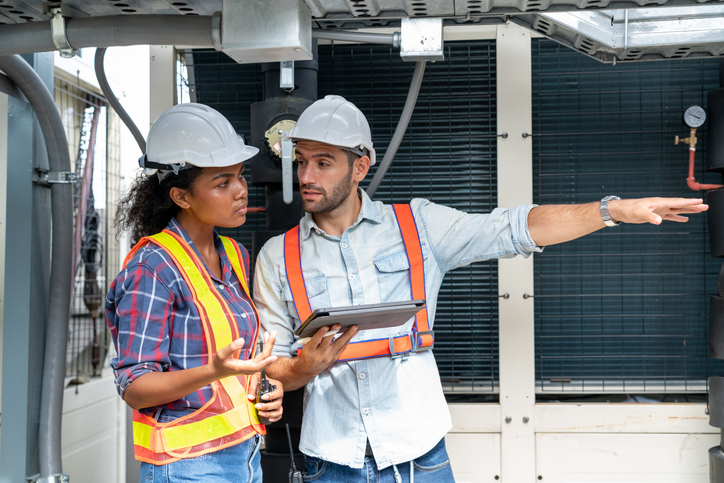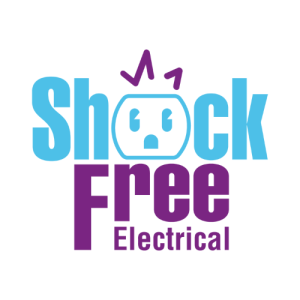A home electrical inspection is a crucial step in maintaining the safety and efficiency of your electrical system. Whether you’re buying a new home, selling your current one, or simply ensuring your system is up to date, understanding what to expect during an inspection can help you prepare and make informed decisions. This guide walks you through the key aspects of a home electrical inspection, offering insights into the process and common issues an electrician looks for.
1. Initial Consultation and Assessment
Before the inspection begins, the electrical professional will conduct an initial consultation to understand any specific concerns you may have. This phase often involves discussing recent electrical issues, reviewing the age of the system, and noting any unusual behavior or safety concerns. This helps the professional tailor their inspection to address any particular issues you’re experiencing.
2. Visual Inspection of Electrical Panels
The expert will thoroughly inspect your electrical panels, including the main service panel and any subpanels. They will check for signs of damage, corrosion, or overheating. Panels are examined for proper circuit labeling, secure connections, and any signs of wear that might indicate a need for repair or replacement.
3. Testing Circuit Breakers and Fuses
Circuit breakers and fuses are critical components of your electrical system. During the inspection, the electrical expert will test each breaker and fuse to ensure they are functioning correctly. They will check for any that are tripping frequently or that don’t reset properly, which could indicate underlying issues with your electrical system.
4. Checking Electrical Wiring and Outlets
Electrical wiring throughout your home will be inspected for signs of deterioration or improper installation. The professional will examine outlets and switches for proper functionality and safety. They will check for any exposed wires, loose connections, or outdated wiring methods that may pose a risk.
5. Inspecting Grounding and Bonding
Proper grounding and bonding are essential for electrical safety. The professional will ensure that your system is properly grounded and all metal parts securely bonded to prevent electrical shock. They will also check grounding rods, connections, and the overall grounding system to ensure compliance with safety standards.
6. Evaluating GFCI and AFCI Protection
Ground Fault Circuit Interrupters (GFCIs) and Arc Fault Circuit Interrupters (AFCIs) are important safety devices designed to protect against electrical shock and fire hazards. The electrical expert will test these devices to ensure they are working correctly and provide proper protection where required by code.
7. Examining Lighting Fixtures and Ceiling Fans
The inspection includes checking lighting fixtures and ceiling fans for proper installation and operation. The professional will look for signs of overheating, loose connections, or any fixtures that may not meet current safety standards. They will also ensure that fans and lights are installed correctly and functioning efficiently.
8. Reviewing Smoke and Carbon Monoxide Detectors
Safety devices such as smoke and carbon monoxide detectors are crucial for home safety. The electrician will test these detectors to ensure they are functioning correctly and are installed in the appropriate locations throughout your home. They will check the battery life, placement, and overall condition of each device.
9. Inspecting Electrical Service Entrance
The service entrance, where the electrical service line enters your home, will be inspected for issues. The professional will check the condition of the service line, meter, and any associated components and ensure that everything is secure and compliant with local codes and regulations.
10. Providing a Detailed Inspection Report
After completing the inspection, the electrician will provide a detailed report outlining their findings. This report will include information on any issues identified, recommended repairs or upgrades, and an overall assessment of your electrical system’s condition. The report will help you understand any necessary actions to maintain safety and efficiency.
A home electrical inspection is vital to ensure the safety and reliability of your electrical system. By understanding what to expect during the inspection, you can be better prepared and informed about its condition. Regular inspections help prevent potential hazards and ensure that your home remains safe and efficient.
Are you ready to schedule your home electrical inspection? Contact us at Shock Free Electrical at (709) 687-5393 to ensure your electrical system is safe, up to code, and operating efficiently. Don’t wait—get peace of mind with a professional inspection!






